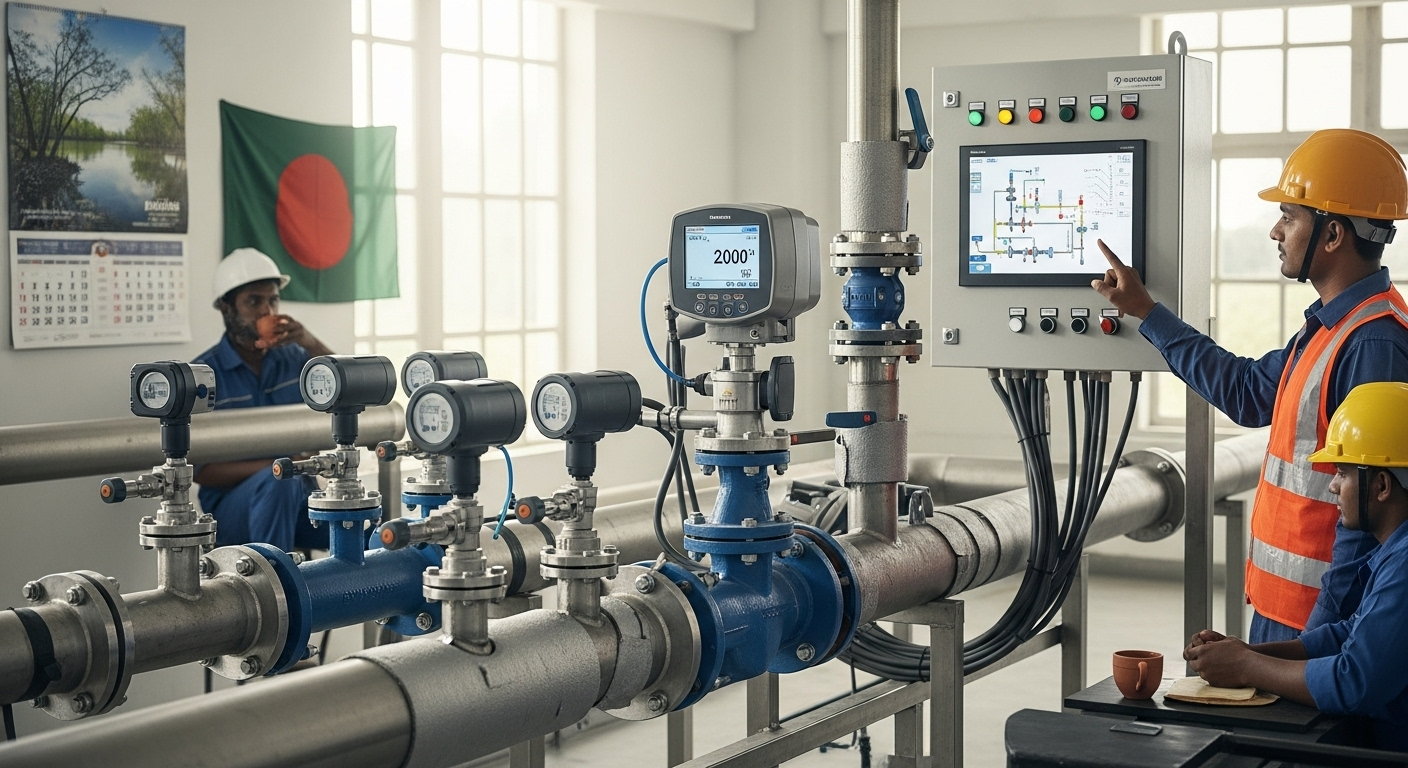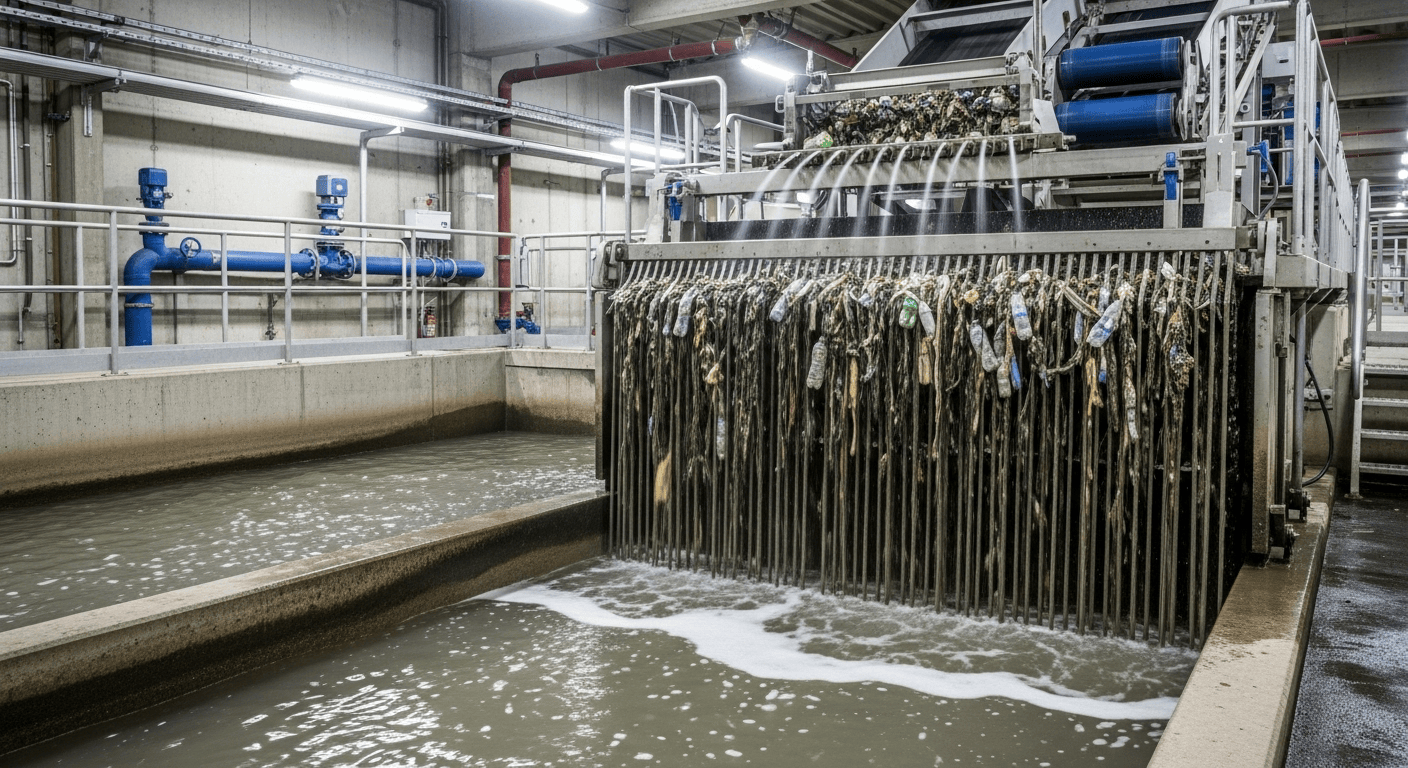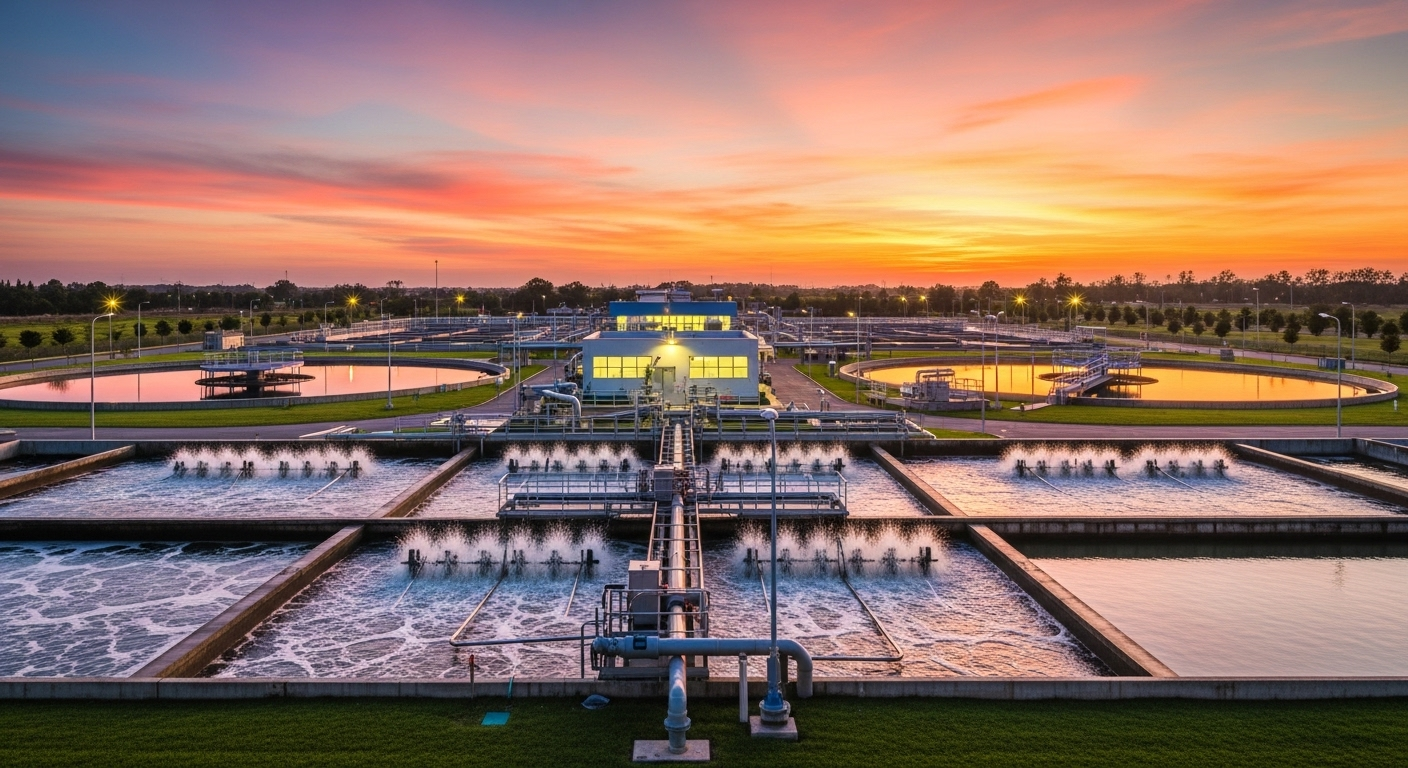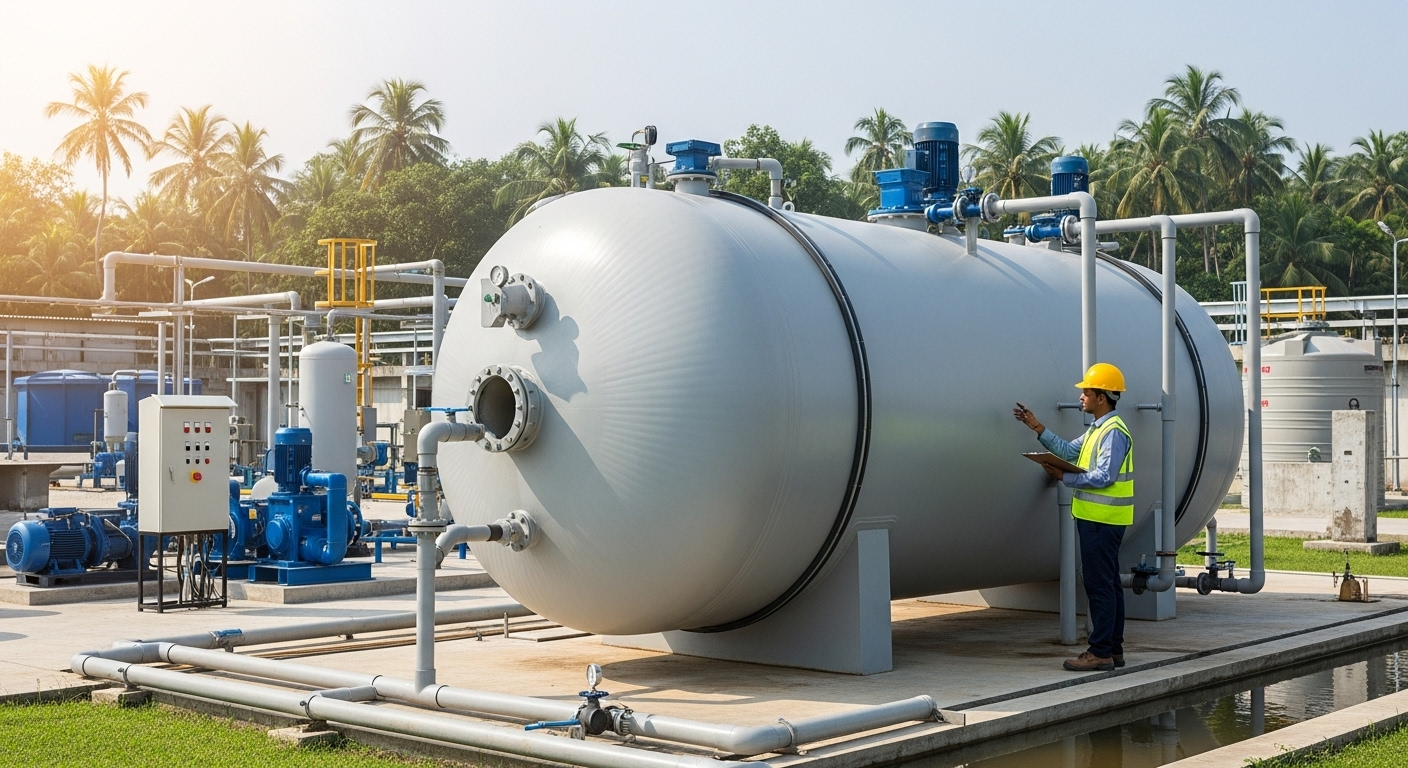Flow measurement plays a crucial role in industries such as water treatment, oil and gas, food processing, power generation, and chemical manufacturing. In Bangladesh, rapid industrial growth has increased the demand for accurate, reliable, and cost-effective flow measurement solutions. Choosing the right device is not just a matter of compliance; it can directly impact efficiency, product quality, and operational costs.
This guide will help you understand the key factors to consider when selecting the right flow measurement solution in Bangladesh’s market context.
1. Understand Your Application Needs
Before choosing a flow meter, it’s essential to identify your specific application requirements. Ask yourself:
-
What type of fluid are you measuring — liquid, gas, or steam?
-
Is it clean or does it contain particles?
-
What is the temperature and pressure range?
-
Is continuous monitoring required, or will periodic measurement suffice?
For example, in water treatment plants across Bangladesh, electromagnetic flow meters are popular due to their accuracy and ability to handle dirty or corrosive water. In contrast, compressed air systems in manufacturing facilities often use thermal mass or vortex flow meters.
2. Types of Flow Measurement Solutions Available in Bangladesh
There are several types of flow meters in the local market:
-
Electromagnetic Flow Meters – Ideal for conductive liquids like water, wastewater, and chemicals.
-
Ultrasonic Flow Meters – Suitable for both clean and dirty liquids, with clamp-on options for easy installation.
-
Turbine Flow Meters – Used for clean fluids with low viscosity, common in the food and beverage industries.
-
Vortex Flow Meters – Effective for measuring steam, gases, and some liquids.
-
Thermal Mass Flow Meters – Preferred for gas flow measurement, including natural gas and compressed air.
Knowing the strengths and limitations of each type will help you make a better investment decision.
3. Consider the Accuracy and Repeatability
Accuracy is often a key deciding factor. In industries like pharmaceuticals or beverage manufacturing, even small measurement errors can affect product quality and cause compliance issues. Also, consider repeatability — the device’s ability to produce consistent results under the same conditions.
In Bangladesh’s textile dyeing industry, for example, accurate and repeatable flow measurement is crucial to maintain consistent dye concentration, ensuring product quality and reducing wastage.
4. Installation and Maintenance Requirements
Not all flow meters are equally easy to install or maintain. Some, like clamp-on ultrasonic meters, can be installed without cutting the pipe, making them ideal for retrofit projects. Others may require specific straight pipe lengths for accuracy.
Maintenance is another key factor in Bangladesh, where harsh environmental conditions, water impurities, and power fluctuations can affect equipment performance. Choosing a meter with minimal moving parts and robust sealing can reduce downtime and repair costs.
5. Budget vs. Long-Term Value
While cost is always a consideration, the cheapest option is not always the best. A low-quality meter might require frequent repairs or replacements, leading to higher long-term costs. In Bangladesh, many companies prefer brands that offer local service centers, ensuring quick support and spare part availability.
A smart approach is to balance initial investment, operating costs, and expected lifespan.
6. Compliance and Supplier Reliability
Many industries in Bangladesh must comply with environmental and safety regulations. Ensure the chosen flow measurement solution meets relevant international standards such as ISO, CE, or SIL certifications.
Equally important is the supplier. Choose a reputable supplier in Bangladesh who offers:
-
Technical consultation
-
Installation support
-
Calibration services
-
After-sales service and spare parts
Choosing the right flow measurement solution in Bangladesh requires a clear understanding of your process needs, environmental conditions, and budget considerations. By evaluating different technologies, prioritising accuracy and durability, and partnering with a reliable local supplier, you can ensure efficient operations and long-term cost savings.
If you need help selecting the right product for your application,
Contact our team for expert guidance and tailored recommendations.




